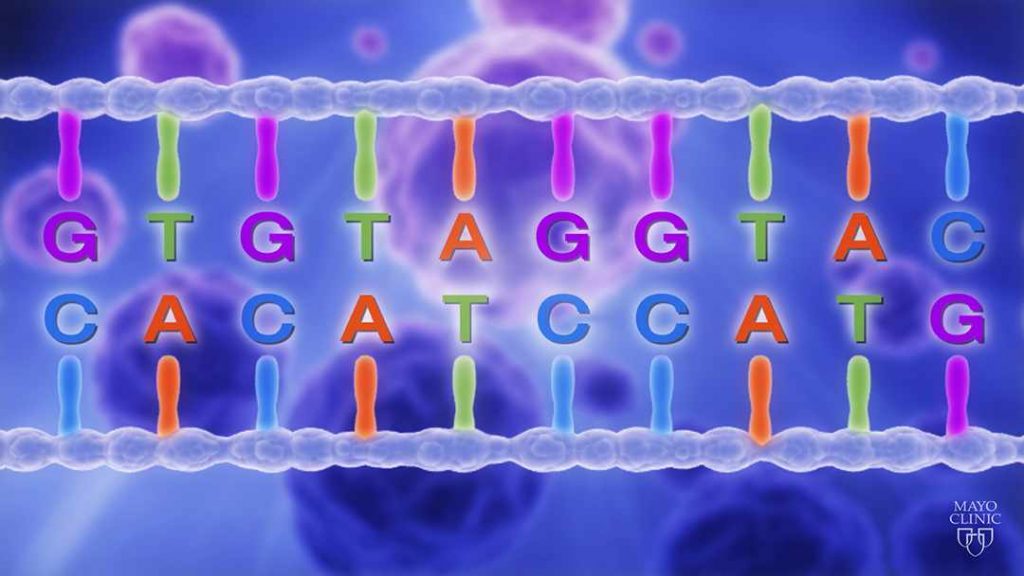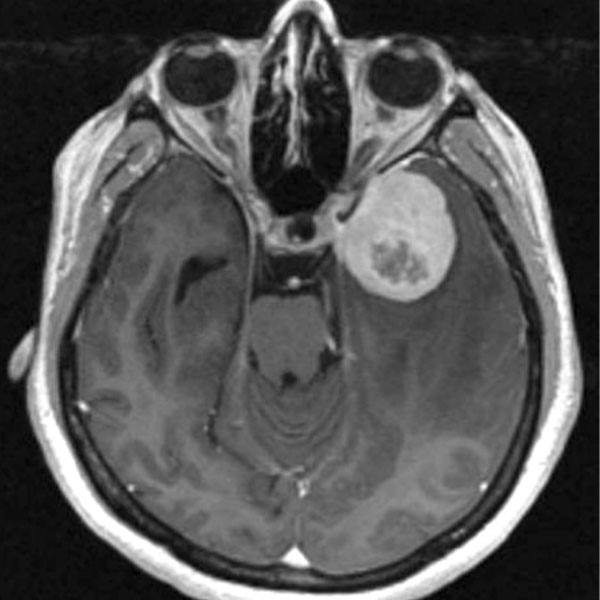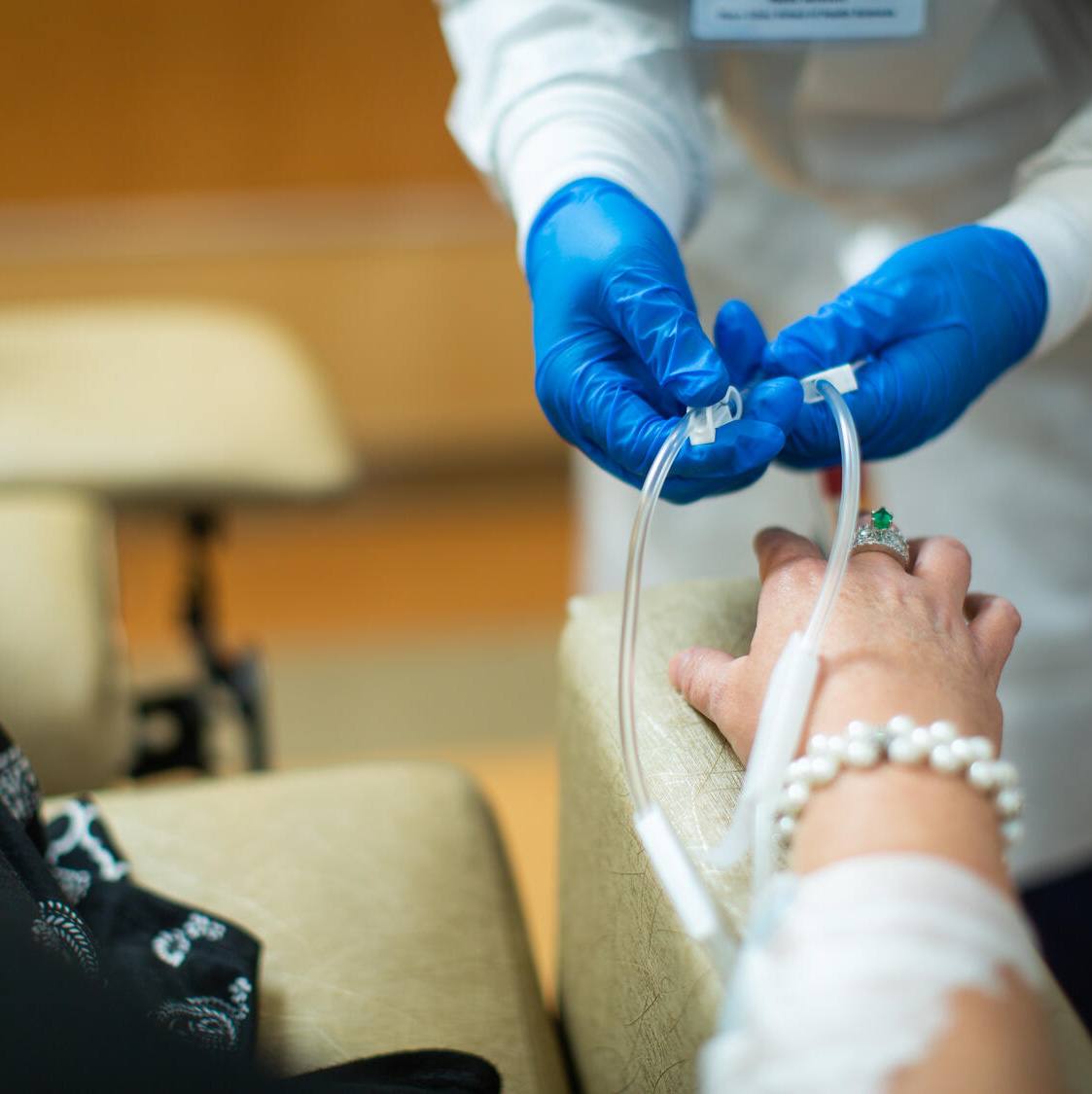-
Living With Cancer: Precision medicine for breast cancer diagnosis, treatment and prevention

Precision medicine for breast cancer
Precision medicine for breast cancer is an approach to diagnosis, treatment and prevention that considers the genes you're born with, and the genes or other markers present within the cancer cells. Cancer care is among the first medical specialties to apply precision medicine to tailor treatment to your genetic makeup and the genetic changes in the cancer cells. Here's what you need to know about precision medicine for breast cancer.
Video: 'Breast Cancer Education Tool'
A diagnosis of breast cancer can be overwhelming, and you may have many questions. That's why health care providers at Mayo Clinic developed an educational tool to help patients better understand the disease and reduce their anxiety. The tool combines video and images to explain the pathology of different breast cancers; staging and grade; and the surgical, medical, radiation and reconstructive treatment options. It's also intended to help health care providers communicate and equip breast cancer patients with all the information that they need to make informed decisions. Learn more from Dr. Sandhya Pruthi, a Mayo Clinic general internal medicine physician and past director of the Mayo Clinic Breast Diagnostic Clinic.
Pineoblastoma
Pineoblastoma is a rare, aggressive type of cancer that begins in the cells of the brain's pineal gland. The pineal gland, located in the center of the brain, produces the hormone melatonin, which plays a role in the natural sleep-wake cycle. Pineoblastoma can occur at any age, but it tends to occur most often in young children. Symptoms may include headache, sleepiness and subtle changes in the way the eyes move. Learn more about the diagnosis and treatment of pineoblastoma.







